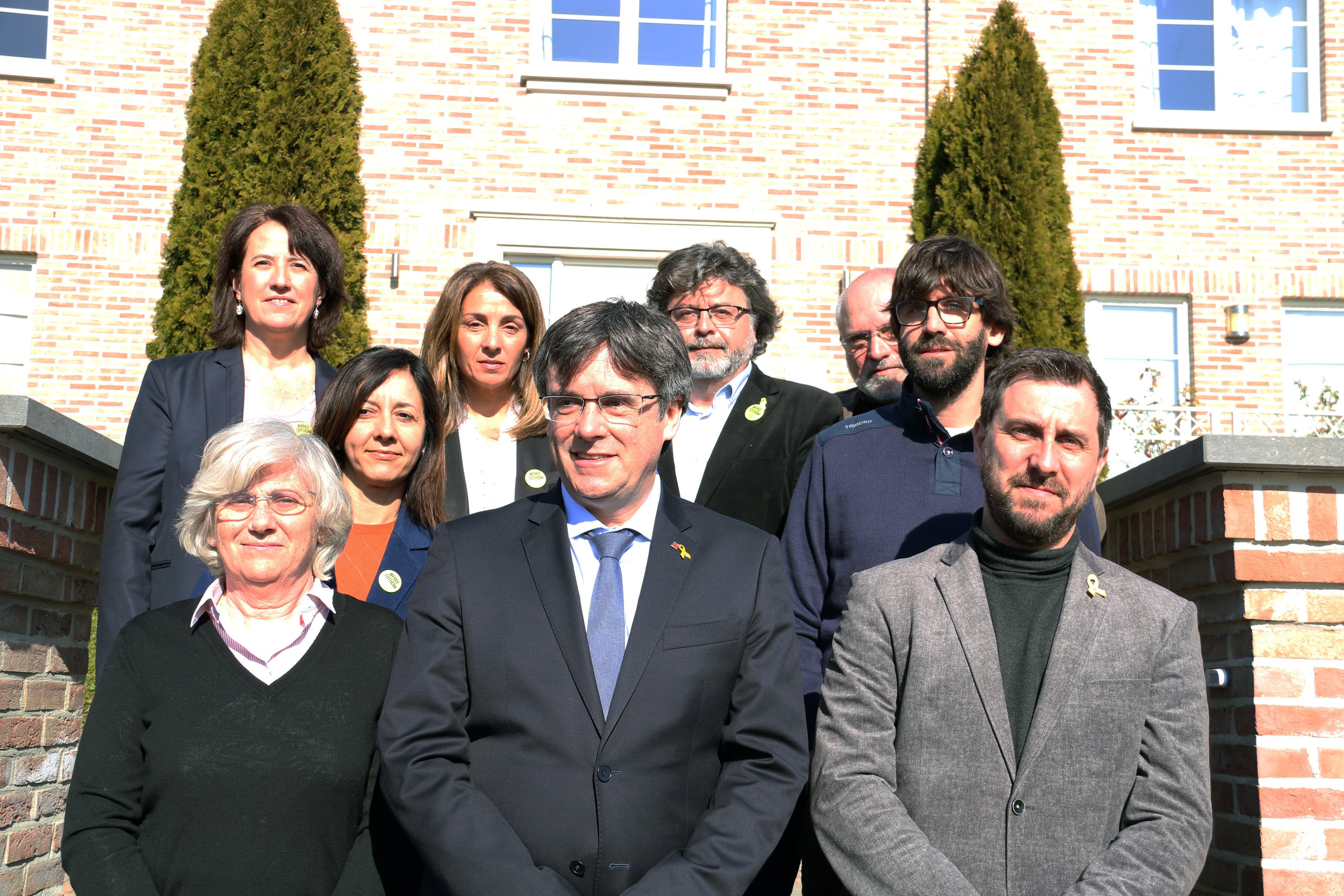It's been just over a year since the Council for the Republic was officially presented at the government palace in Barcelona with the sole objective of bringing about the Catalan Republic. Once past the foundational stages, the body headed by Carles Puigdemont and Toni Comín is now starting on a new phase, with the presentation of its Government Programme (link in Catalan), describing the path it envisages towards independence.
The Council, which 83,274 members of the public have so far signed up to, has laid out a series of milestones on its road map. Stand out among them are the activation of a diplomatic network to act as a lobby, the consolidation of international alliances, the promotion of legislative proposals in the Parliament, the intensification of the European legal front and collaboration in the drafting of the Catalan Constitution.
One of the first steps they will take is to lay the groundwork for the election of the Assembly of Representatives, designed to work in parallel to the existing Catalan Parliament. This Assembly, they say, will be entrusted with drafting the Catalan Constitution if the Parliament should find itself restricted when the time comes. The Council, according to its programme, wants to base itself on civic participation through consultations and debates open to the public. The aim, they say, is to cultivate "a new democratic culture".
Among the missions they give themselves, one is central: the internationalisation of the Catalan cause. To achieve this, they have established a series of necessary instruments. One of the main ones is the deployment of a network of international delegations to complement the Catalan government's own. At the same time, they will concentrate efforts on building alliances with other European peoples who defend the right to self-determination and will draft a white paper on the case of Catalonia.
They plan other actions too, like support strategic consumption campaigns, in coordination with the ANC. Likewise, they will create a digital document for all the Council's members confirming their membership and the rights it gives them.

